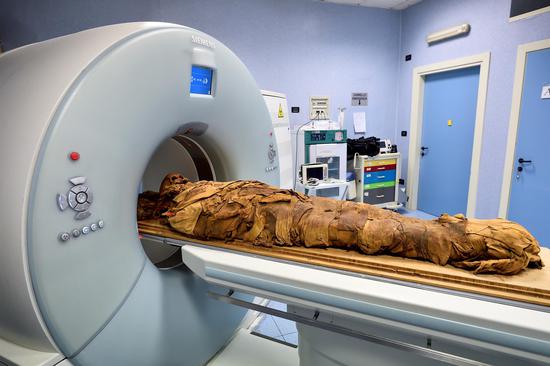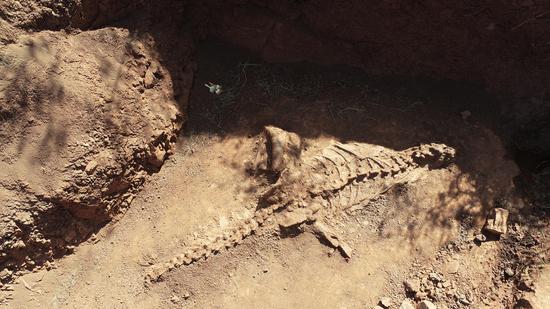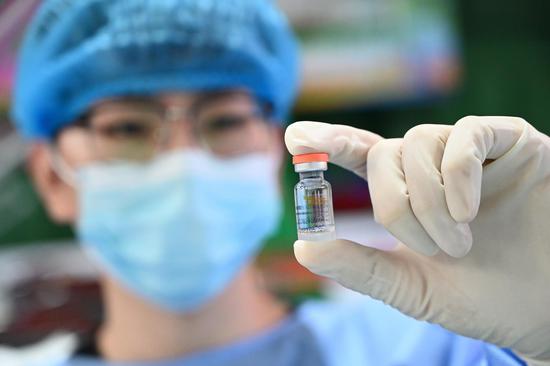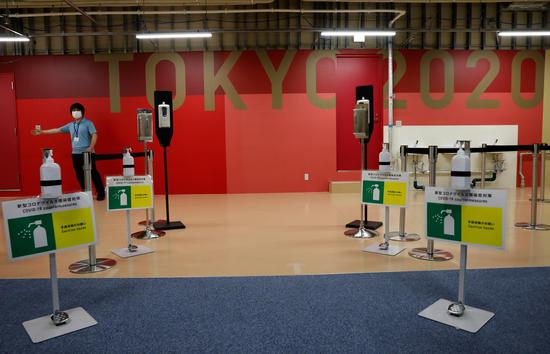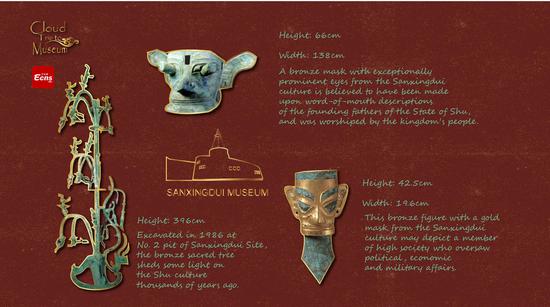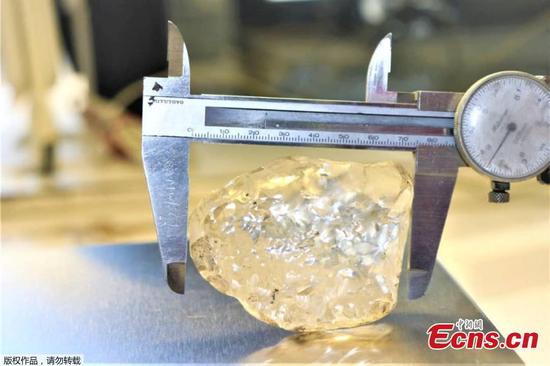U.S. researchers have started a new observational study to evaluate the immune responses generated by COVID-19 vaccines administered to pregnant or postpartum people, the U.S. National Institutes of Health (NIH) announced on Wednesday.
Researchers will measure the development and durability of antibodies against SARS-CoV-2, the virus that causes COVID-19, in people vaccinated during pregnancy or the first two postpartum months.
They also will assess vaccine safety and evaluate the transfer of vaccine-induced antibodies to infants across the placenta and through breast milk, according to the NIH.
The study will enroll up to 750 pregnant individuals and 250 postpartum individuals within two months of delivery who have received or will receive any COVID-19 vaccine authorized by the U.S. Food and Drug Administration. Their infants also will be enrolled in the study.
Participants and their infants will be followed through the first year after delivery. To assess the development and durability of vaccine-induced antibodies overall and by vaccine type and vaccine platform, researchers will analyze blood samples collected from pregnant and postpartum participants, according to the NIH.
"Tens of thousands of pregnant and breastfeeding people in the United States have chosen to receive the COVID-19 vaccines available under emergency use authorization. However, we lack robust, prospective clinical data on vaccination in these populations," said Anthony Fauci, director of the U.S. National Institute of Allergy and Infectious Diseases.
"The results of this study will fill gaps in our knowledge and help inform policy recommendations and personal decision-making on COVID-19 vaccination during pregnancy and in the postpartum period," he said.









